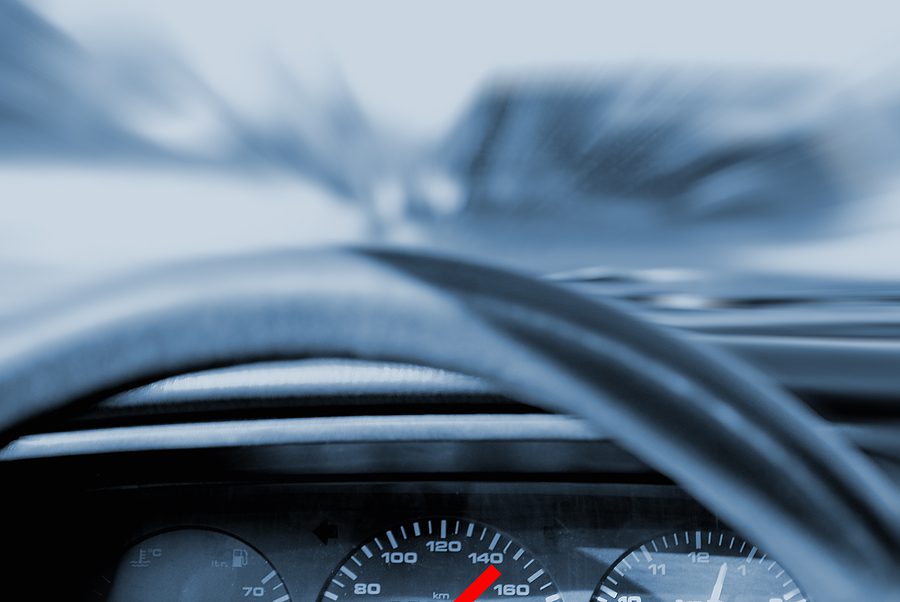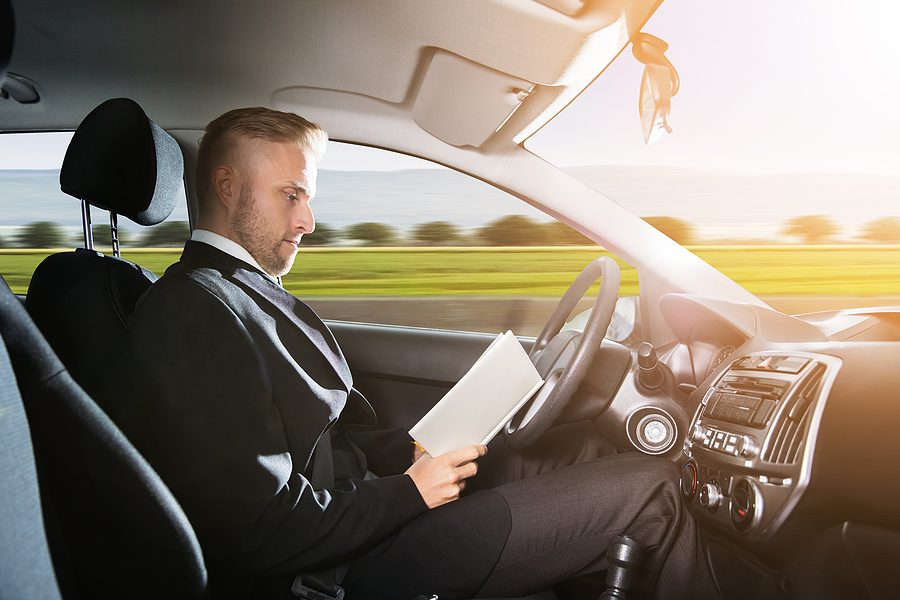
Who’s Liable in Driverless Vehicle Crashes?
The majority of car accidents are caused by driver error. As vehicle technology advances, car manufacturers have introduced more and more driver-assistance technologies, such as cruise control, backup cameras, blind spot detection, lane assistance, and emergency braking systems. As technology continues to advance, self-driving cars become more of a possibility. While self-driving cars are designed to reduce the risk of human error and avoid potential accidents, driverless cars are not immune to being involved in – and even at fault for – vehicle accidents. If you’ve been injured in an accident involving a self-driving car, working with an attorney who can help determine liability and how best to get the settlement you deserve is essential.
Self-Driving Car Doesn’t Mean Driverless
Self-driving, driverless, and automated cars are not always the same thing. While the technology exists for fully automated vehicles that do not require driver input, these vehicles are not operating on the roads right now due to the difficulty in getting the cars to respond appropriately in all the situations.
When you think of this technology, think of a number between zero and five, because that is how automation in these vehicles is assessed. Level zero is a car with no automation at all (not even power brakes or power steering), and level five is a fully automated car that does not require a driver’s physical presence in the vehicle. The highest level of cars currently on the road is level three. Level three cars can operate without driver control, but do necessitate the presence of a driver ready to take control if needed.

Sharing Responsibility in Driverless Vehicle Crashes
In a typical car crash, the party that caused the accident (usually the driver of one of the vehicles) is legally responsible for the crash. In a driverless vehicle collision, it may be more challenging to determine where the fault lies. The laws regarding driverless cars are not uniform across states, with several states having no laws yet. Because of the lack of rules and regulations, the question of who is responsible for the car’s performance can be unclear. However, there are generally three parties who are potentially responsible for the crash of a driverless car: the human operator, the vehicle manufacturer, and the technology designer.
- Human Operator
All cars on the road today are required to have someone behind the wheel, regardless of the level of input they are providing. Depending on the level of automation, these operators may be able to allow the car to navigate through traffic with little to no input. In that situation, the operator must be in the driver’s seat, alert to what’s going on around them, and able to regain control if necessary. If the operator is not paying attention during an accident, they can be held liable under the same legal framework as in a typical accident.
- Vehicle Manufacturer
Failing brakes or mechanical problems can cause an accident, and sometimes, there is nothing the operator could have done to prevent it, even if they attempt to take control of the car. When something goes wrong with the vehicle, Ohio law permits the injured party to bring a claim against the manufacturer if the car is found to be “defective”, as that term is defined by Ohio’s Product Liability Act. A product can be considered defective under a number of scenarios set forth in the Act, including, some type of manufacturing defect (i.e., it was not made how it was designed), if there was an inadequate warning or instruction provided, or if there was a design defect (i.e., vehicle’s brakes were poorly designed according to the state of the art at the time, leading to their failure).
- Technology Designer
Self-driving and driverless cars rely on software and sensors. If there is a system failure in the technology, the software developer or manufacturer could be held liable in the case of a crash under the same principles described above. Reacting to every eventuality relies greatly on the driverless car’s ability to use complex data and algorithms to see and respond to different scenarios. The developer can be held accountable, under the same principles above that apply to the Vehicle Manufacturer, if the software is faulty or underdeveloped, among other reasons.
The Potential Problem of Comparative Negligence
Comparative negligence is a legal concept that describes when liability is reduced or apportioned among multiple parties to an accident. With several potential parties having liability exposure in a crash involving a driverless car, each potential party might try to blame all or part of the crash on the others, clouding the process of determining fault and drawing it out. “Black boxes” (the electronic control modules) may help produce data that can be relied upon more objectively than the drivers’ statements. This information could help sustain the burden of proof on the party making the claim, or it could help to refute it.
The current controversy is that determining who exactly is at fault and primarily liable for the crash of a driverless car is still unclear because laws have not been specifically formulated to deal with this new technology. As a result, we have to rely on common law and statutory product law. Even federal regulations could come into play. Either way, if the vehicle is marketed to be fully automated with no driver interaction necessary, the manufacturer should bear some liability when something goes haywire. However, the operator could still be held liable as well. For example, if the vehicle owner failed to keep the car updated or adequately serviced, resulting in a malfunction which causes a crash, the owner who failed to provide the proper vehicle maintenance will likely share in the blame. Similarly, if the owner took control of the car at the moment leading to the crash, the owner would likewise have some accountability.
Without an attorney, helping to handle the aftermath of an accident with a driverless car, your case could quite literally come to a crashing halt. These cases can be complex given all the factors that come into play, and you may find yourself being shuffled from one insurance company to another as liability is disputed. If you’ve been injured in a car accident, no matter what kind of vehicle, having an experienced car accident attorney can help you get the compensation you need, no matter who is liable.
Why Choose Arthur Law Firm?
Determining liability can be complex if you’ve been involved in an accident with a self-driving car. Arthur Law Firm can help you navigate this difficult legal terrain, ensuring you receive the compensation you deserve. Don’t face insurance companies alone – trust our experienced attorneys to advocate for your rights and guide you through the process. Contact us today at (419) 782-9881 for a free consultation to discuss your legal options.